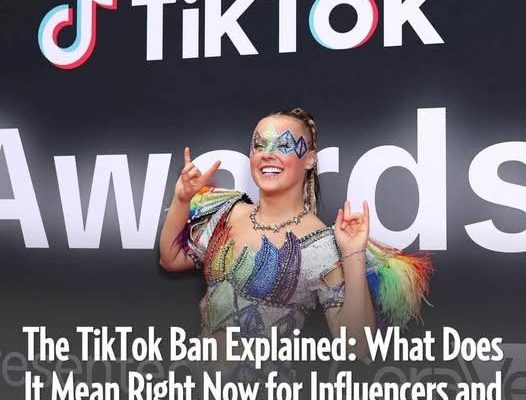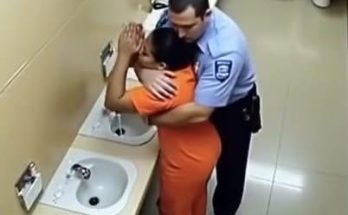The government’s proposed TikTok ban has been upheld by the Supreme Court, essentially banning the app in the United States.
SCOTUS confirmed its unanimous ruling on Friday, January 17, voting to uphold the Protecting Americans from Foreign Adversary Controlled Applications Act that was introduced last year.
“I join all but Part II.A of the Court’s per curiam opinion. I see no reason to assume without deciding that the Act implicates the First Amendment because our precedent leaves no doubt that it does,” Justice Sonia Sotomayer wrote in her concurring judgment. “TikTok engages in expressive activity by ‘compiling and curating’ material on its platform.”
She added, “Laws that ‘impose a disproportionate burden’ upon those engaged in expressive activity are subject to heightened scrutiny under the First Amendment. The challenged Act plainly imposes such a burden: It bars any entity from distributing TikTok’s speech in the United States unless TikTok undergoes a qualified divestiture. The Act, moreover, effectively prohibits TikTok from collaborating with certain entities regarding its ‘content recommendation algorithm’ even following a qualified divestiture.”
The bill was initially proposed after Congress shared concerns about the possibility of espionage since TikTok is owned by ByteDance, a Chinese parent company.
Despite ByteDance challenging the act’s First Amendment protections, the ruling means that the app will likely shut down by Sunday, January 19, unless the president intervenes or ByteDance sells off the social media platform. (Despite Shark Tank’s Kevin O’Leary’s own bid to purchase TikTok, ByteDance has asserted there are no divesting plans.)

Without further intervention, TikTok will be removed from smartphone app stores on Sunday. It is also a possibility that ByteDance will cease operating abilities for U.S. users who’ve already downloaded the app. The parent company later explained on Friday that they will cut off services and “go dark” unless the U.S. assures Apple and Google that they won’t be penalized for hosting and distributing TikTok.
The now-confirmed ban has caused confusion for many influencers — who make a living sharing videos on the platform — and celebrities.
“Can someone tell me where all the cool people are going now that TikTok is getting banned?” singer Bebe Rexha said in a TikTok video earlier this week. “I’m just asking for a friend.”
In the comments section, Rexha’s followers suggested fledgling apps BlueSky and RedNote.
Other social media stars had specific thoughts about losing a potential revenue stream.
“I think everyone loses,” Marc D’Amelio said in ABC News Studios’ “IMPACT x Nightline” special that aired in May 2024. “I think small business loses. I think the politicians lose also.”
Influencers often earned revenue through the TikTok Creator Fund if a video receives at least 100,000 authentic views in a 30-day period. Funds are calculated by the amount and authenticity of said views, as well as the level of follower engagement. Monetary stipends vary daily and there isn’t a fixed maximum of how much can be earned.

to check it out on amazon
Deal of the Day
Score 39% off the Under Eye Patches Users Say are a ‘Game-Changer’ for Puffiness and Dark Circlesto check it out on amazonView Dealto check it out on amazon
TikTokers have also been able to earn stipends from brand sponsorships, selling merch on the TikTok Shop, collecting tips from followers, going live and other affiliate partnerships.
In a handful of TikTok videos from other creators, they reminded followers to keep up with them on other platforms.
“I just want to let you guys know that there will be a place for us to go and talk about all things Clique, all things original series [and] all things new book very, very soon,” The Clique star Ellen Marlow, who is cowriting a sequel with OG author Lisi Harrison, said in a video on her page. “We’re working so hard on it without revealing too much because it’s not quite ready yet. There’s going to be a larger place for us all to connect.”





